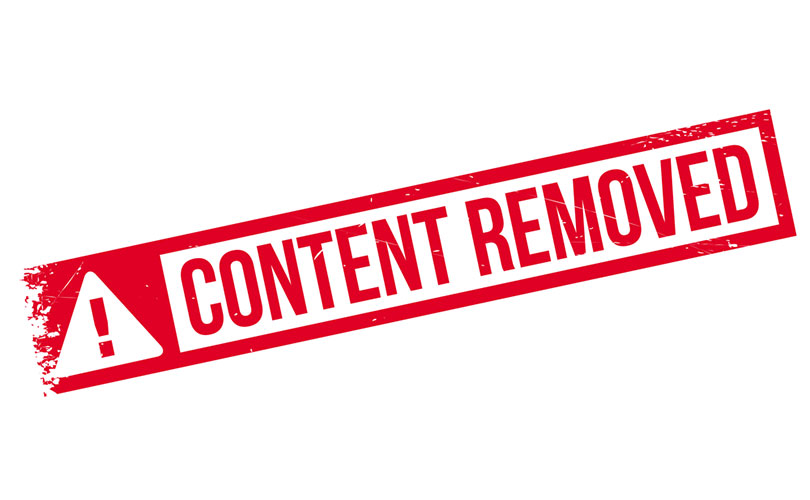Blog
Blog
The Name of the Game in Radicalisation Prevention
September 23, 2020By Michael Hartinger and Daniela Pisoiu Radicalisation and recruitment to violent extremism and terrorism occur in various ways and a myriad of rhetorical and visual elements have been used to that extent, increasingly online. Gamification and actual video games have recently increased in relevance, as Islamist and right-wing groups have recognised their potential for attracting ...
Blog
How the Radical Right Weaponises Memes
September 16, 2020By Chamila Liyanage Far-right populist nationalism seems contagious. It’s the new normal and one can only wonder how it all started, as the rise of far-right populism appears to come out of nowhere. An average reader of the mainstream media would have long overlooked the discord sowed among the ordinary people in the grassroots. Far-right ...
Blog
Implementing Virtual Reality into UK Education Models to Counter Online Radicalisation
September 9, 2020By Alice Raven Young people remain identified as one of the most vulnerable groups at risk of online radicalisation in the UK, however using education institutions to engage with and build resilience amongst these groups remains a persistent challenge. Virtual reality as an alternative resource has been increasingly explored to help bridge the gap between ...
Blog
Exposure to Online Terrorist Content: Stresses and Strategies
September 2, 2020This blog post is an edited extract from the article Repeated and Extensive Exposure to Online Terrorist Content: Counter-Terrorism Internet Referral Unit Perceived Stresses and Strategies, published in July 2020 in Studies in Conflict & Terrorism. By Zoey Reeve There is increasing concern that exposure to online terrorist material may increase the risk of terrorist ...
Blog
The Role of the Internet in Facilitating Violent Extremism, Part II: Connecting On- and Offline Worlds
July 29, 2020This article is the second of a two-part series. It summarizes a recent study published in Terrorism and Political Violence. Part I is HERE. By Tiana Gaudette, Ryan Scrivens, and Vivek Venkatesh Last week on the Blog, we argued that, while a growing body of evidence suggests that the Internet is a key facilitator of ...
Blog
The Role of the Internet in Facilitating Violent Extremism, Part I: Insights from Former Right-Wing Extremists
July 22, 2020This article is the first of a two-part series. It summarizes a recent study published in Terrorism and Political Violence. Part II is HERE. By Tiana Gaudette, Ryan Scrivens, and Vivek Venkatesh In the past five years, it has become increasingly common for practitioners and policymakers in the western world to draw from the insights ...
Blog
The Effects of Censoring the Far-Right Online
July 15, 2020By Ofra Klein Since 2016, censorship of far-right groups and individuals on social media platforms has been the subject of much public discussion. With the implementation of laws to counter hateful speech, such as the German Network Enforcement Act (NetzDG) and the EU code of conduct, social media companies are now much more responsible for regulating ...
Blog
Jumanji Extremism? The Potential Role of Gamification and Games in Radicalisation Processes
July 8, 2020By Linda Schlegel The ‘gamification of terror’ has received increased attention in the last years, especially in the aftermath of the right-wing extremist attacks in Christchurch, El Paso and Halle, which were livestreamed by the perpetrators akin to ‘Let’s Play’ streams found in the gaming scene. Previously, ISIS had made headlines, because it used not ...
Blog
The EU’s Terrorist Content Regulation: Concerns about Effectiveness and Impact on Smaller Tech Platforms
July 1, 2020This is the third in a series of posts and responses addressing the EU’s regulation on online terrorist content; the first post is HERE and the second HERE. [Ed.] By Adam Hadley and Jacob Berntsson Terrorist use of the internet is a significant threat that has almost become inseparable from terrorism itself. Terrorist groups use ...
Blog
Blind Faith in Technology Diverts EU Efforts to Fight Terrorism
June 24, 2020This is the second in a series of posts and responses addressing the EU’s regulation on online terrorist content; the first post is HERE and the third HERE. [Ed.] By Chloé Berthélémy and Diego Naranjo After emptying their content moderators offices and sending their employees back home due to health safety guidelines, Facebook and the ...









